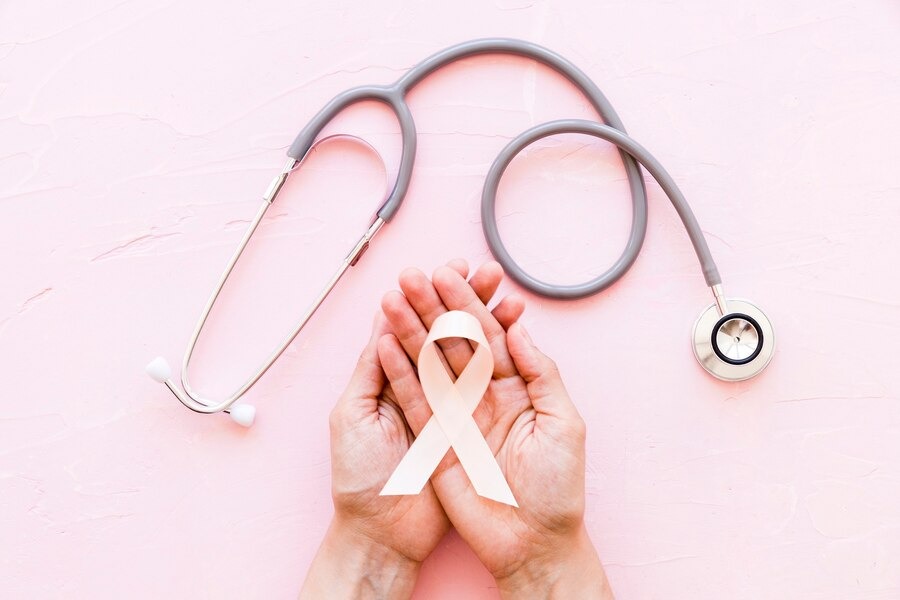Understanding, Prevention, and Empowerment
Breast cancer, a prevalent and potentially life-altering disease, affects millions of women globally, making it crucial to understand its nuances, preventive measures, and empowerment through awareness.
Understanding Breast Cancer
Breast cancer occurs when cells in the breast grow abnormally and form a tumor. While it predominantly affects women, it can also occur in men. The disease encompasses various types and stages, leading to diverse treatment approaches and prognoses.
Risk Factors
Numerous factors increase the risk of developing breast cancer, including genetics, family history, hormonal influences, age, lifestyle choices, and environmental factors. However, not everyone with these risk factors develops the disease, emphasizing the importance of vigilance and preventive measures.
Symptoms and Diagnosis
Early-stage breast cancer may not manifest obvious symptoms, underscoring the significance of regular screenings, self-examinations, and awareness of potential signs like lumps, changes in breast appearance, nipple discharge, or pain. Diagnostic methods like mammograms, ultrasounds, and biopsies aid in confirming the presence and nature of the disease.
Treatment Options
Breast cancer treatment depends on the type, stage, and individual factors. It typically involves a combination of surgery, radiation, chemotherapy, hormone therapy, targeted therapy, or immunotherapy. The goal is to eradicate the cancer or manage it effectively, with advancements in treatments continually evolving.
Preventive Measures
Lifestyle modifications, such as maintaining a healthy weight, regular exercise, limiting alcohol consumption, avoiding smoking, and breastfeeding, may reduce the risk of breast cancer. Additionally, genetic testing and preventive surgeries are options for individuals with high-risk factors.
Empowerment Through Awareness
Raising awareness about breast cancer is pivotal in encouraging early detection, dispelling myths, fostering support networks, and promoting research for improved treatments and outcomes. Initiatives like Breast Cancer Awareness Month and advocacy programs play a crucial role in education and empowerment.
Support and Survivorship
The journey through breast cancer involves emotional, physical, and psychological challenges. Support groups, counseling, and survivorship programs offer invaluable assistance, providing emotional strength and guidance throughout diagnosis, treatment, and recovery.
Conclusion
Breast cancer remains a significant health concern, but advancements in research, early detection, and comprehensive treatment options contribute to improved survival rates and quality of life. Empowerment through awareness, preventive measures, and ongoing support networks fosters hope and resilience in the fight against breast cancer. Understanding the disease, embracing preventive practices, advocating for screenings, and supporting research endeavors are vital steps in striving towards a world free of breast cancer.

